When most of the Americans were sheltered in their homes early in the coronavirus pandemic, meal delivery sales reached unprecedented heights. Alone in December, sales for meal delivery services grew 138 percent year over year and since then there is no looking back. These growing figures endow a great opportunity for online food startups to flourish, isn’t it? And this is what Uber Eats, Food Panda, Grubhub, have been doing. But building an app like Uber Eats is not an easy task. Food delivery app development requires time, talent, treasure and comes with a lot many other development complexities. Therefore, banking upon food delivery mobile app development company in New York USA is the need of the hour.
Along with the on-demand fulfillment of food delivery right at their doorsteps, the sellers benefit from such apps too. Such apps help sellers a lot in many ways, such as cost-cutting, online presence, and customer satisfaction. Go through the business models and pick one that is extremely popular owing to its associated convenience.
Food Marketplace Models
Order-Only Platform
The idea behind order-only apps is to act as an aggregator where nearby eateries will be exposed to users. Customers are connected with a wide network of food venues. The information about restaurants listed is gathered and users have the convenience to get access to menus, restaurant rates, reviews, and so on. This model serves as a superb opportunity for restaurant owners to tame the market and expand customer base. This is a brilliant option for customers who simply look for a good place to order food from.
Such platforms do not offer delivery services. Restaurant owners have to rely on their courier providers as they gain profit by charging up to 15% commission to restaurants. Right from placing an order to payment authorization, order preparations to handle food to courier persons everything is managed single-handedly by restaurants. The only challenge for startups at this stage is to build a network of nearby food venues. For that, they are required to take care of all possible partners including small eateries.
Order & Delivery Platform
Order & delivery model is very different from restaurant aggregators as it comes with extensive logistics support. This service facilitates a great asset for startups, small restaurants, and other minor venues. Here, new entrants don’t have enough resources to establish their delivery, therefore, they turn to companies especially those that provide services at a nominal price or for free. No longer, restaurants need to worry about delivery management, personnel vehicles fare cost. Right from order placement to payment authorization, the platform arranges delivery by providing its couriers. When an order is ready, such platforms charge up to 30% of the total order price from restaurants. Additionally, customers are also entitled to pay a delivery fee.
The UberEats Business Model Explained
There is no denial of the fact the UberEats business model impelled quite a large number of on-demand startups to mark their footprint in the food industry. Also, the other value chains that were losing business by following traditional methods made a great comeback. And a large contribution of this goes to Uber Eats transition from offline to online.
Since the year of its launch 2014, Uber Fresh service in Santa Monica, California, the company made its foray into food delivery and the next year, it was renamed Uber Eats and made available in 71 cities across 24 countries. Since then, monthly unique user numbers are indeed growing at a rapid rate and every passing second adds up to millions of users.
Upon reviewing the business model of Uber Eats, it’s an aggregator as well as the delivery agent. It also has a traditional model for food delivery, where it offers access to multiple restaurants through a single app. On the other hand, it also has its own logistics network which provides delivery for restaurants that don’t have their drivers. Additionally, tailored restaurant recommendations, advanced search filters, customizable delivery details, and the ability to track the order in the app are some of the advanced features they’ve introduced.
The cost to make an app like Uber Eats
In the food delivery industry, it is prudent to have a market share and this billion-dollar war among businesses is only getting tougher as saturation increases. The cost to make an app like Uber Eats is based on several factors.
Building an MVP for an on-demand platform involves creating both a web and mobile interface and developing supply via driver’s app and restaurant’s app and demand through the user’s app.
Another consideration is the admin panel that doubles up a CRM and Dashboard. Typical features of a restaurant app enable them to manage menus, pricing, inventory and garner more and more users by providing offers and discounts to customers. Finally, the cost estimate of an app is based on the number of stakeholders, geographical region, platforms that is part of the launch, complexities in the business model, experience of food delivery mobile app development company in New York USA.
To summarise, providing an estimate about the cost to build a food delivery app like UberEats depends upon skills, specialization, experience, and project complexity. It’s much more than initial analysis, UI & UX design, development, marketing, advertising.

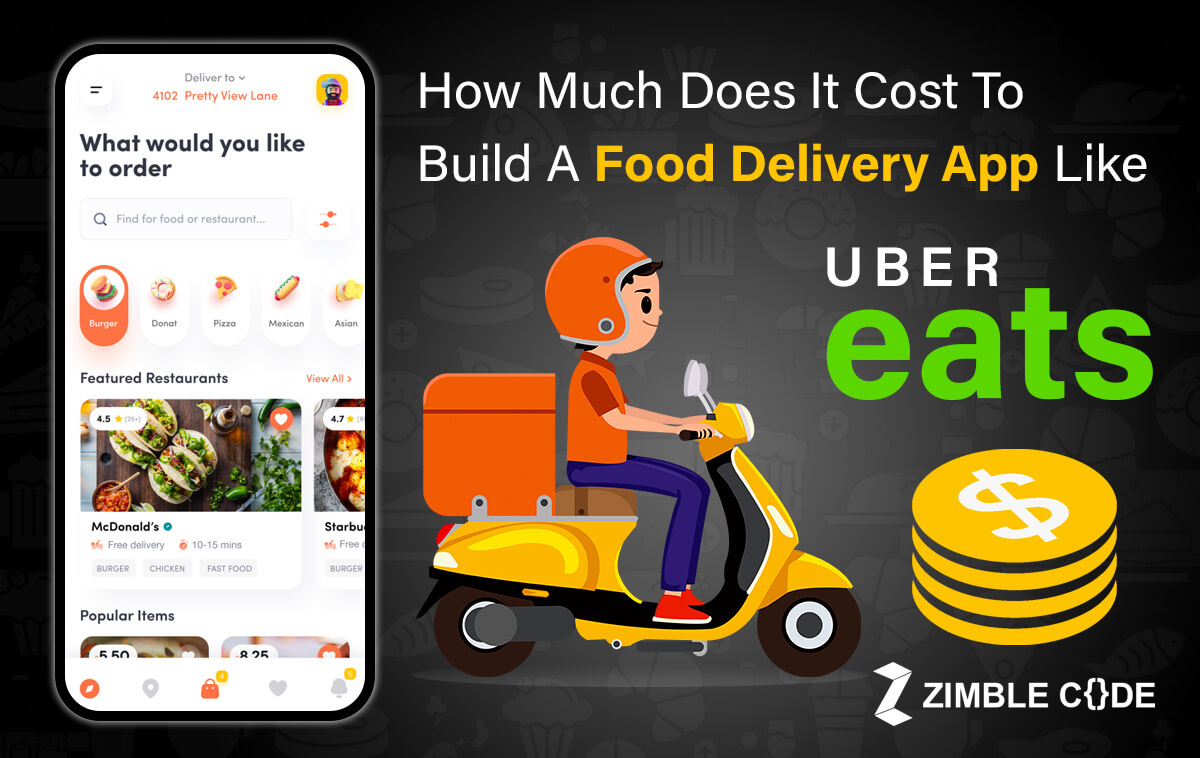
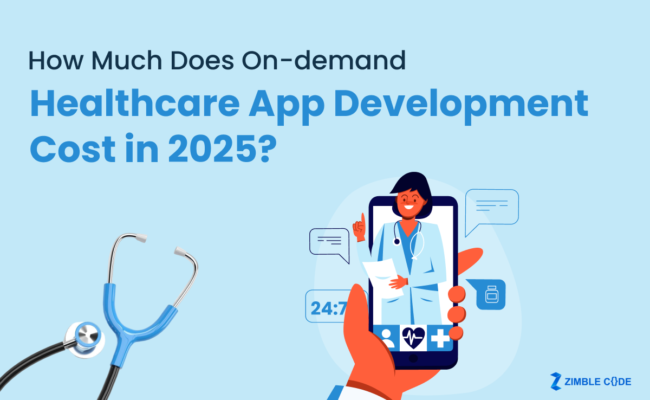
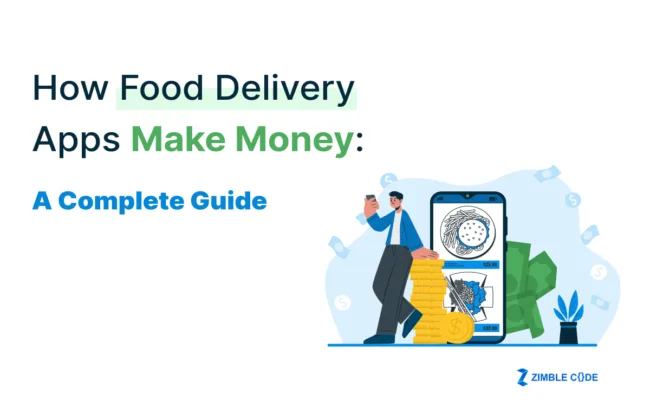
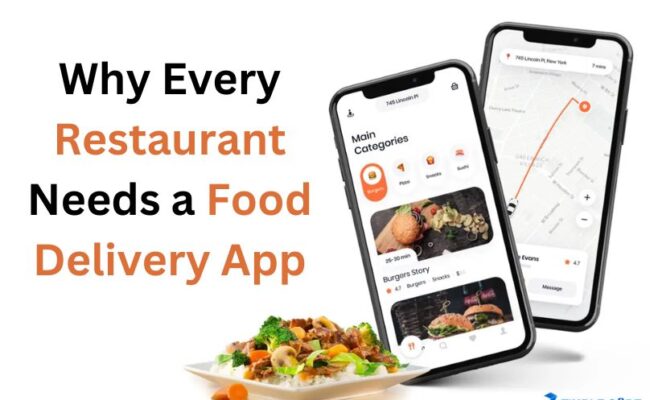
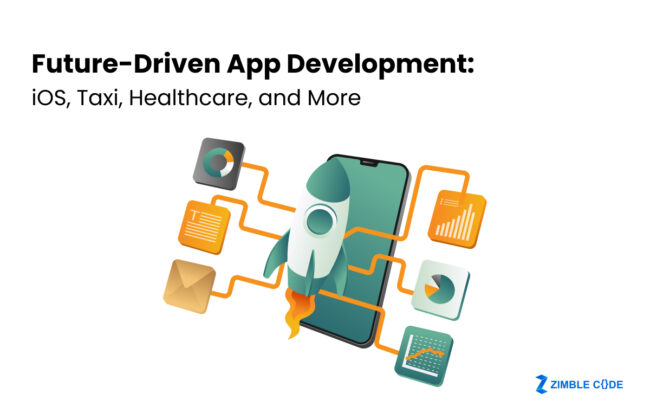
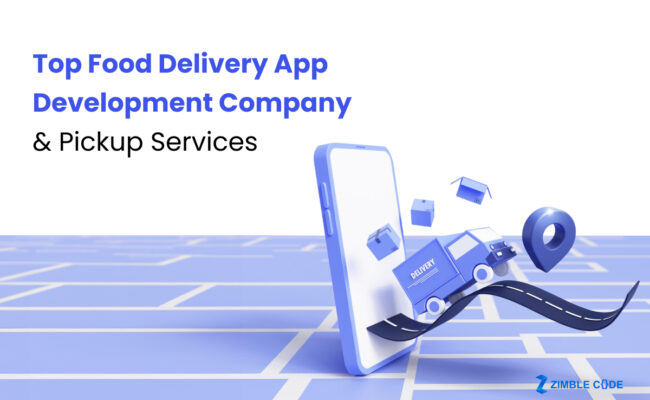

This article is really good, great information about build A food delivery app. Thanks and keep sharing.
This content is well-detailed and easy to understand. Thank you for creating a good content!
custom on-demand app development
Quality articles is the crucial to invite the people to visit the web site, that’s what this web page is providing.
The article is very interesting and very understood to be read, may be useful for the people.
This is very interesting, You’re an excessively skilled blogger.
I have joined your RSS feed and sit up in quest
of more of your wonderful post. Also, I’ve shared your website on my social networks.
Hello! I could have sworn I’ve been to this blog before but after going through a few of the articles I realized it’s new to me.
Anyhow, I’m definitely pleased I discovered it and I’ll be book-marking it and checking back regularly!